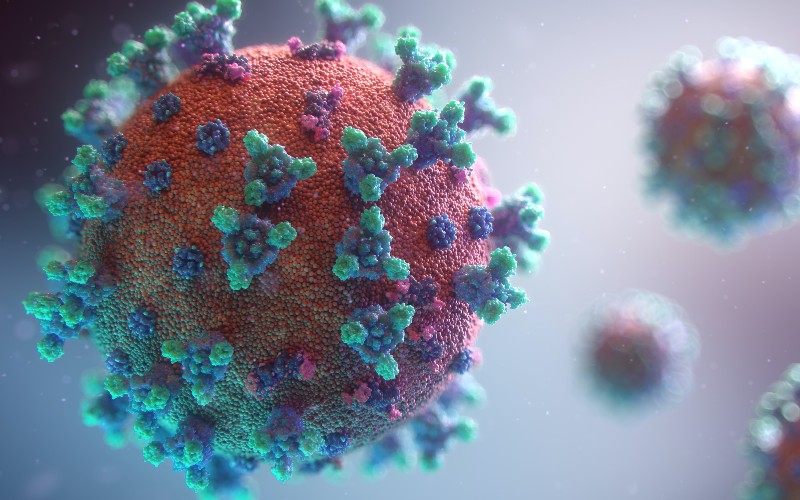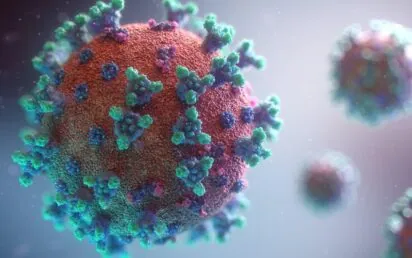A respiratory virus MedTech based in Stevenage is to be acquired by pharmaceutical giant Pfizer in a £400 million deal.
ReViral has developed a treatment for respiratory syncytial virus (RSV) infections, which can lead to severe and life-threatening lower respiratory tract infections in high-risk populations, including young infants, immunocompromised individuals and older adults.
It is estimated to cause infections in approximately 64 million people – resulting in about 160,000 deaths – globally each year.
ReViral also aims to prevent illness through vaccination. Pfizer said there is a significant unmet need for RSV treatments, which are currently focused on supportive care.
“At Pfizer, we have a strong heritage in, and commitment to, fighting infectious diseases, most recently evidenced by our delivery of the first authorised vaccine and oral therapy to combat COVID-19,” said Albert Bourla, chairman and CEO.
“We’re continuing to grow our pipeline – through our own research-and-development efforts, such as our investigational RSV vaccine programs, as well as strategic investments in companies like ReViral – with a focus on end-to-end capabilities to help protect patients from severe illness, hospitalisation, and death.”
The treatment is being fast-tracked by the US Food and Drug Administration (FDA).
“This acquisition represents a validation of the deep antiviral experience of the ReViral team and our unwavering commitment to deliver therapies for patients in need,” said Alex C. Sapir, CEO, ReViral.
“Pfizer is an optimal partner given their commitment to RSV through their ongoing RSV vaccine program, coupled with their world-class clinical, regulatory, manufacturing and commercial capabilities.
“We look forward to working with our colleagues at Pfizer to bring these therapies to patients as quickly as possible.”
If successful, New York-listed Pfizer believes annual revenue for ReViral’s programs has the potential to reach or exceed $1.5 billion.

